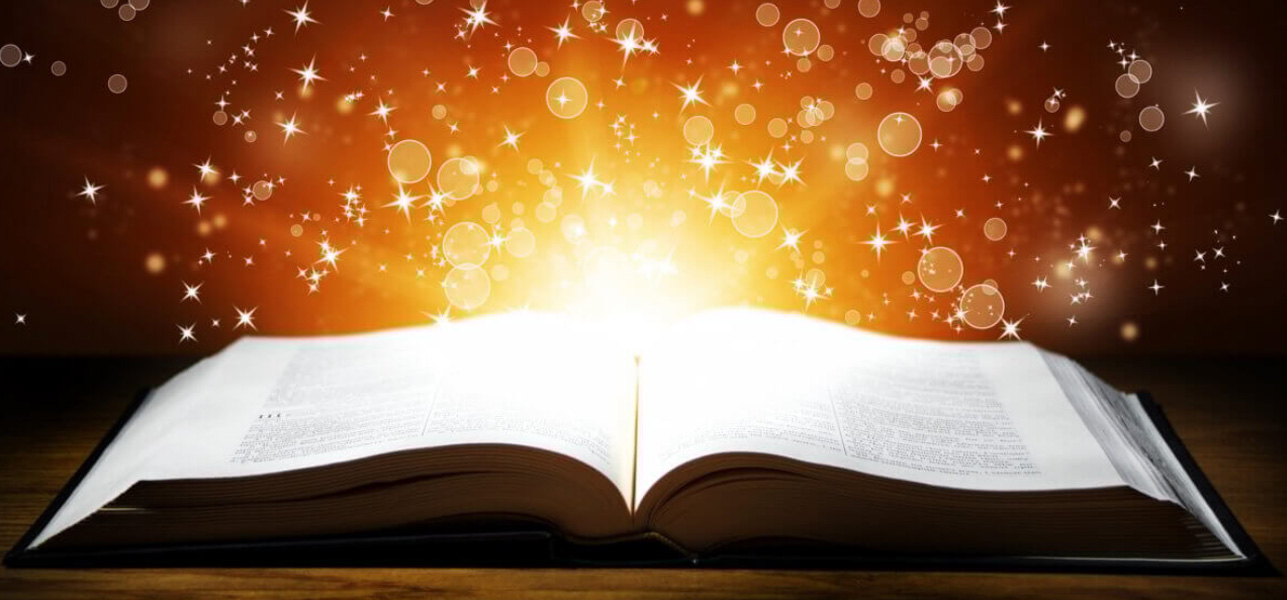In the quiet corridors of history, many lights have been dimmed—not by accident, but by omission. The legacy of Muslim scientists, thinkers, and explorers is one such light, often obscured in mainstream narratives yet foundational to the modern world.
German scholar Sigrid Hunke captured this truth with poetic clarity: Muslim intellectual achievements once fell upon Europe like life-giving rain, reviving a continent and fertilizing its intellectual soil. From medicine to astronomy, chemistry to engineering, the contributions of these scholars were not merely supportive; they were transformative.
Yet recognition has not always followed reality. Inventions like the camera, the compass, and even the concept of blood circulation were pioneered by Muslim minds such as Ibn al-Haytham, Ibn Majid, and Ibn al-Nafis—only to be later attributed to Western figures. This is not a call for grievance, but for gratitude. To acknowledge these truths is not to rewrite history, but to restore it.
A Civilization Beyond Borders
But who were these scholars?
They were not all Arab. They were Persian, Andalusian, Egyptian, Syrian, Central Asian. They spoke Arabic, Persian, Turkish, and other languages. What united them was not ethnicity, but a shared civilizational ethos—a commitment to knowledge as a sacred duty, rooted in the Qur’anic imperative to reflect, explore, and understand.
This civilization—often called the Islamic Golden Age—stretched from the Atlantic to China. It was multilingual, multiethnic, and intellectually vibrant. Baghdad, Cordoba, Cairo, Nishapur, and Samarkand were not just cities—they were crucibles of discovery. Libraries flourished, translations abounded, and scholars debated across disciplines with rigor and reverence.
And at the heart of it all was Islam—not as a barrier, but as a bridge. Islam did not privilege one ethnicity over another, nor did it confine knowledge to its own adherents. It made scholars equal in dignity and purpose, channeling their discoveries toward the service of all humanity. Whether a physician in Damascus or an astronomer in Bukhara, the pursuit of knowledge was seen as an act of worship, a fulfillment of divine trust.
Reclaiming Credit, Restoring Truth
Indeed, many inventions and discoveries in medicine, pharmacy, chemistry, physics, mathematics, astronomy, and other fields have been attributed to others rather than their true originators. For example:
- The submarine—originally developed by Muslim sailors—is credited to John Holland.
- Eyeglasses—pioneered by Ibn al-Haytham—are attributed to Roger Bacon.
- Printing—developed by Al-Zahrawi—is credited to Johannes Gutenberg.
- The discovery of America—preceded by Muslim sailors—is attributed to Columbus.
- The camera (al-qamara)—invented by Ibn al-Haytham—is credited to George Eastman.
- The robotic automaton—created by Al-Jazari—is attributed to Karel Čapek.
- The compass—used and refined by Ibn Majid—is credited to Flavio Gioja.
- Germ theory—explored by Aq Shams al-Din—is attributed to Louis Pasteur.
- The circulation of blood—described by Ibn al-Nafis—is credited to William Harvey.
These are not mere footnotes; they are chapters in the human story, waiting to be reread with honesty.
Conclusion: A Call to Remember
Why does this matter today?
Because truth builds bridges. When we honor the full spectrum of human achievement, we foster respect, humility, and shared pride. The story of science is not Western or Eastern—it is human. And the Muslim chapter is luminous.
Let’s teach it. Let’s celebrate it. Let us ensure that future generations, whether in Dubai, Detroit, or Dakar, know that the stars they study were once charted by Ibn Majid, that the lenses they wear were once envisioned by Ibn al-Haytham, and that the pulse they feel was once mapped by Ibn al-Nafis.
Let us remember that history is not stolen when it is remembered. It is reborn.
Call to Action
To educators: Integrate these truths into your curriculum—not as a correction, but as a celebration.
To students: Ask deeper questions. Seek the roots of the knowledge you inherit.
To institutions: Honor the diversity of genius. Let your libraries reflect the fullness of human thought.
To all of us: Let memory be an act of justice. Let truth be an act of peace.
